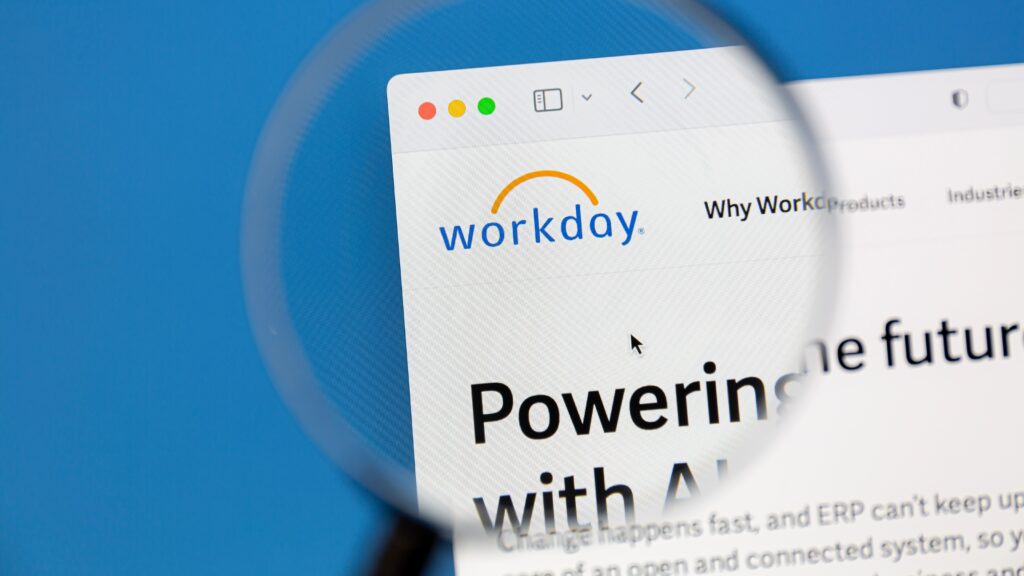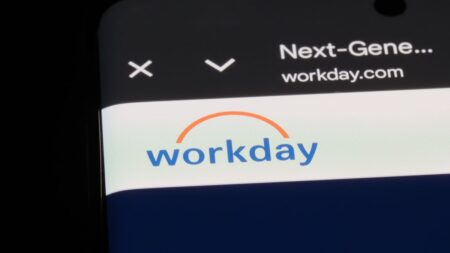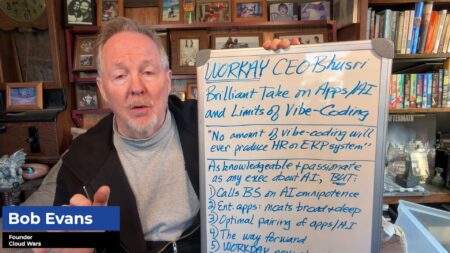
Of all the compelling findings unveiled in Workday’s new global research report on elevating humans in the Age of AI, the one I found to be most vital, valuable, and indispensable is that 93% of active users find that AI unleashes them to focus more on higher-value work and responsibilities.
Without question, all of the key findings surfaced in the Workday report are strategically important:
- There’s a direct correlation between how intensely AI is being used with the optimism among those users regarding the benefits of AI;
- The overwhelming majority of respondents — both leaders and employees — believe AI can help boost transparency and accountability;
- Managers lag significantly behind the workmates they oversee in putting a high value on “human connection” in the Age of AI — and that’s a gap that leaders and managers need to close quickly; and
- As the often-stunning capabilities of AI technology become visible to all, organizations must work diligently to ensure they continue to not only recognize but also put great value on uniquely human skills, particularly these four cited in the seminal Workday report: decision-making, empathy, relationship-building, and conflict resolution.
But as I see it, none of those four highly beneficial outcomes can come close to reaching its full potential without people at all levels of the organization feeling — and being able to prove — that AI is relieving them of significant portions of gruntwork and allowing them to dive into new initiatives that are more valuable and rewarding to those individuals, their teams, and their entire organizations.
In its press release showcasing the findings from “Elevating Human Potential: The AI Skills Revolution,” here’s how Workday described the workplace dynamic about the profoundly human instinct and desire to be engaged in work that matters:
“AI helps free up human capacity for more meaningful work, with 93% of active AI users in agreement that AI allows them to focus more on higher-level responsibilities such as strategy and problem solving.”
And here’s a related perspective from the report that underscores why I believe that the best way to ensure that AI initiatives succeed is to require that they liberate human beings from work that grinds away at their resolve, their sense of opportunity and achievement, and their desire to excel for themselves and their organization.
“What’s more, active AI users consistently have positive perceptions of its benefits, with 92% of employees and 95% of leaders in agreement. These findings highlight the transformative potential AI can have in the workplace by helping to free up human capacity for meaningful and innovative collaboration, which will unlock new ideas and opportunities for businesses to adapt and grow in a rapidly shifting economy.”

AI Agent & Copilot Summit is an AI-first event to define opportunities, impact, and outcomes with Microsoft Copilot and agents. Building on its 2025 success, the 2026 event takes place March 17-19 in San Diego. Get more details.
About a year ago, Workday shared an anecdote about the relatively narrow but extremely relatable impact that AI can have on a chore that millions of people have done and millions of people have hated: writing job descriptions. Workday said that in 2023, about 30 million job descriptions were written in the U.S. And with each of those taking 90 minutes, that’s 45 million hours devoted to a chore that I discovered is pretty much universally hated. At most of my speaking engagements in 2024, I shared that anecdote and asked how many in the audience have to write job descriptions, and most hands went up. I then asked how many hated that chore, and every single hand went up.
Imagine that: Many millions of people expending 45 million hours performing a task that’s not only low-value but also despised. Then think about doing expense reports, summarizing meetings, writing letters to sales prospects, etc., etc., etc.
Perhaps that sort of work doesn’t exactly qualify as soul-crushing, but when people are confronted by a handful of these every week, and as those weeks get more demanding as the pace of global business accelerates and performance expectations relentlessly rise, we find ourselves in situations where most people absolutely crave some relief from that rat-on-a-treadmill routine.
As the results of the Workday global AI research study clearly show, AI can deliver that relief. Plus, it opens the door to a bracing new world of possibilities and opportunities and learning and challenges and advancement and achievement.
And nothing is more human than that.
Ask Cloud Wars AI Agent about this analysis










